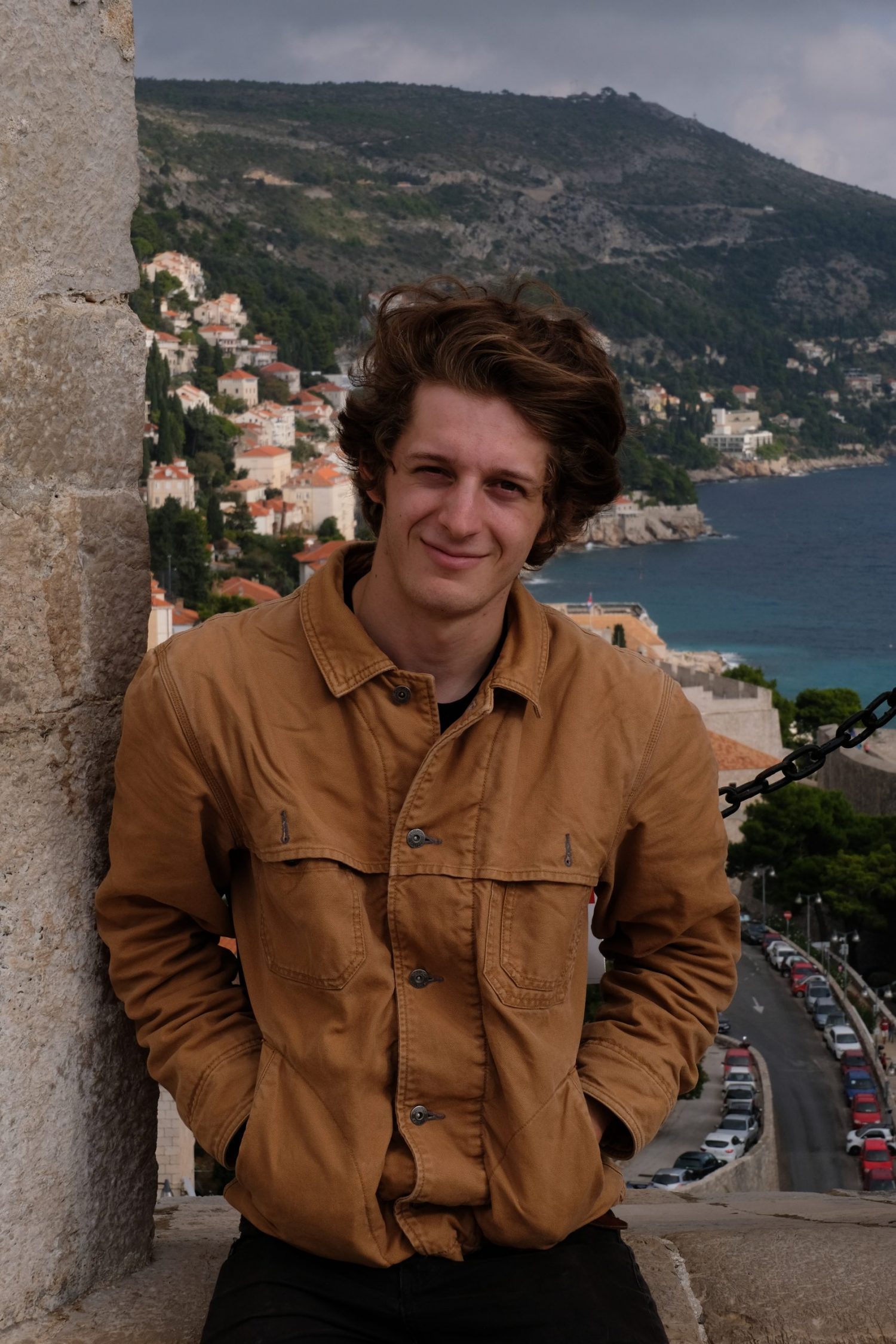Going Out for Dinner (Working Title)
Scene One:
Fade opening. Camera is placed in the front passenger seat of a car which is driving up a Forest Service Road. Music is playing and background voices are heard. Movie title fades in.
Cut to shot of car dragging tree which has fallen and is blocking the road. Voice over of Khoi (main participant number one) talking about what they’re doing and where they’re going begins.
Cut to car being pushed out of the snow. Khoi is still speaking.
Scene Two (Flexible):
Option 1: Cut to lunch scene. Car is no longer moving. people are relaxing while Khoi and Tim (second main participant) are scouting ahead with binoculars and talking about what comes next.
Cut to scene of participants hiking through the woods
Option 2: Cut to scene of participants hiking through the tree, interspersed with quick cuts to Tim and Khoi overlooking terrain they wish to hike through.
Quickly cut to signs of deer tracks, and footage of deer
Scene Three:
Cut to Jess (or Tim) walking around their household garden, explaining what each vegetable is, the kind of soil it needs, how often they water it, what the optimal growing season is, and why they’ve decided to grow their own vegetables. I also want to ask about yield for each vegetable
This scene will require a Lavellier Mic which will be wired to whomever is doing the most speaking. If both participants want to speak, I may decide against the Lavellier because it will only amplify one person’s voice.
Cut to Jess (or Tim) preparing a meal using vegetables that grow in their garden (Probably will have to be bought, because their garden is too new and nothing has grown yet).
Scene Four:
Tim (or Khoi) and I are going out fishing. We catch some fish and I gather shots of Tim cleaning and preparing the fish for consumption. A voice over of Tim plays and walks us through the process of catching, cleaning, and preparing the fish, and learn his motivations for producing his own food.
Scene Five:
Emily walks us through the bread making process. I gather footage of her feeding and taking care of her sourdough starter, and then using it to make both sourdough pancakes and a loaf of bread. I especially want a shot of the loaf of bread coming out of the oven.
Scene Six:
A tracking shot along a table with all the food that has been harvested during the course of this film. On the table there is: venison (will have to be bought), Salmon, vegetables harvested from the garden, and a loaf of sourdough bread.
